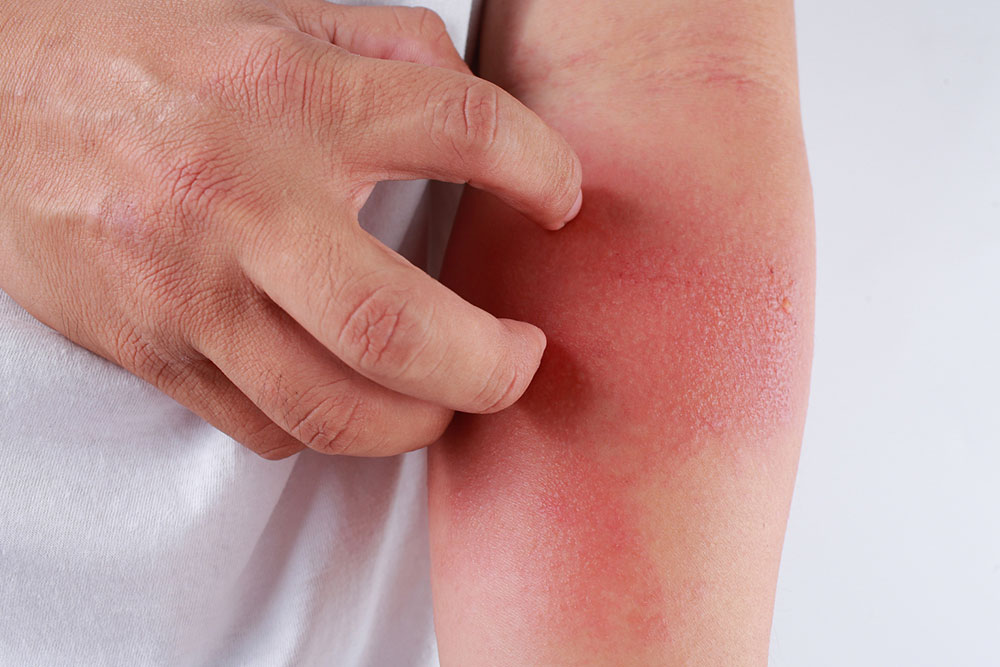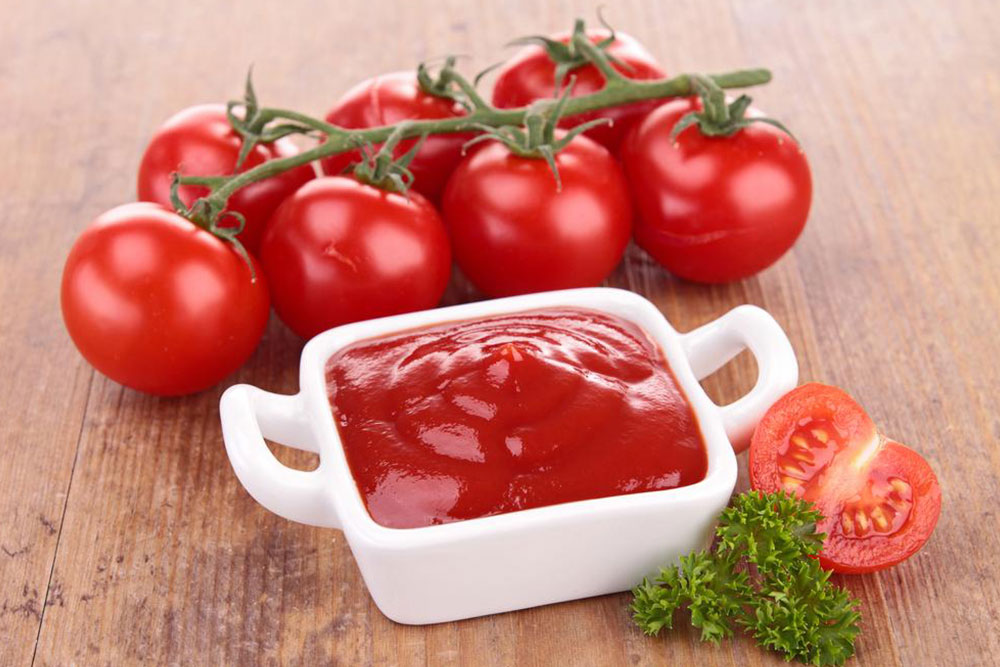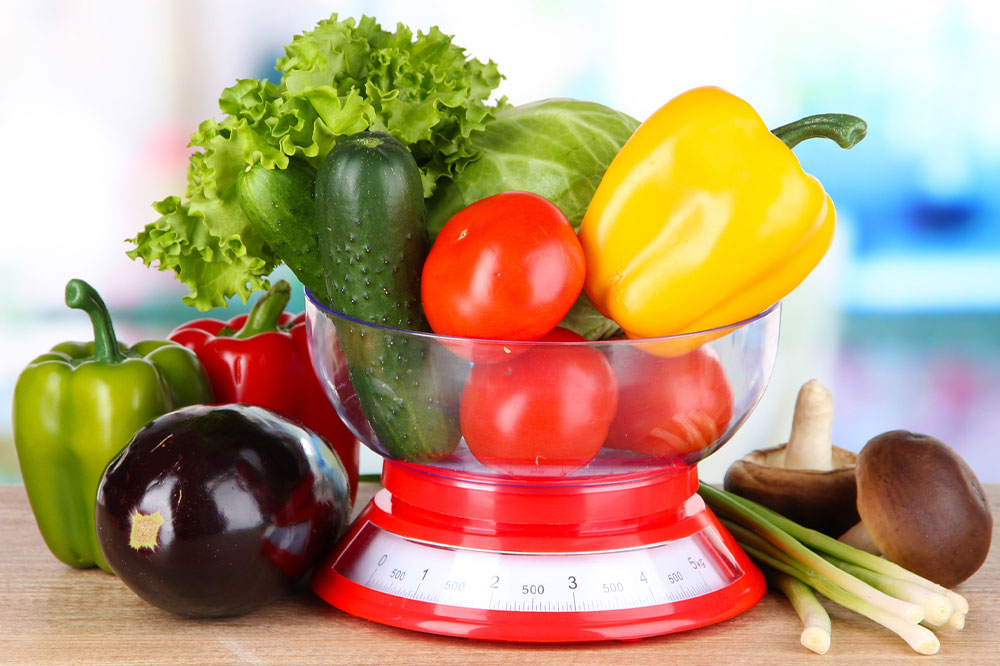Effective Dietary Strategies for Eczema Management
Discover effective dietary strategies to control eczema symptoms. This guide highlights anti-inflammatory foods that can help reduce flare-ups, along with foods to avoid for better skin health. Tailor your diet by incorporating nutrient-rich options like fruits, vegetables, omega-3s, and probiotics while avoiding common allergens such as eggs, dairy, gluten, and nickel-rich foods. Proper food choices can support your immune system, lessen inflammation, and improve overall skin condition. Consult with a healthcare professional for personalized advice to manage eczema more effectively through diet.

Effective Dietary Strategies for Eczema Management
Eczema, a chronic skin condition, can worsen due to food allergies. Identifying and avoiding trigger foods is essential for relief. An appropriate diet focusing on soothing anti-inflammatory foods can help reduce flare-ups and mitigate symptoms.
Recommended Eczema-Friendly Foods
Consuming certain foods can support the body's natural ability to combat eczema symptoms. Incorporating these into your diet may help decrease inflammation and irritation.
Foods rich in anti-inflammatory properties can help lessen itching and discomfort associated with eczema. Examples include:
Quercetin: An antioxidant responsible for the vivid colors of many fruits and vegetables. It acts as a natural antihistamine, reducing inflammation and allergic responses. Found in apples, blueberries, broccoli, spinach, cherries, and kale.
Probiotics: Beneficial bacteria that enhance digestion and bolster the immune system, helping to fight allergies. Sources include yogurt, unpasteurized sauerkraut, kefir, and tempeh.
Omega-3 Fatty Acids: Known for their anti-inflammatory effects, omega-3s are present in fish like salmon, mackerel, tuna, sardines, and in nuts.
Fiber: High-fiber foods such as whole grains, legumes, mangoes, nuts, seeds, and beans can support gut health and reduce inflammation.
Foods to minimize or avoid are those that may trigger allergic reactions, worsening eczema symptoms. It's important to identify personal sensitivities through elimination trials.
Foods to limit or avoid include:
Eggs: Common allergens that can provoke flare-ups quickly.
Dairy Products: Some individuals, especially children, have difficulty tolerating dairy, which may worsen symptoms.
Gluten: Present in wheat, rye, and barley; some people may experience adverse reactions.
Nickel-containing Foods: Beans, oats, chocolate, and canned foods may increase itching due to nickel content. Consuming fruits and vegetables can help reduce metal absorption.
Persons with eczema should craft a personalized diet plan, emphasizing safe food choices and avoiding known triggers to better manage their condition.









